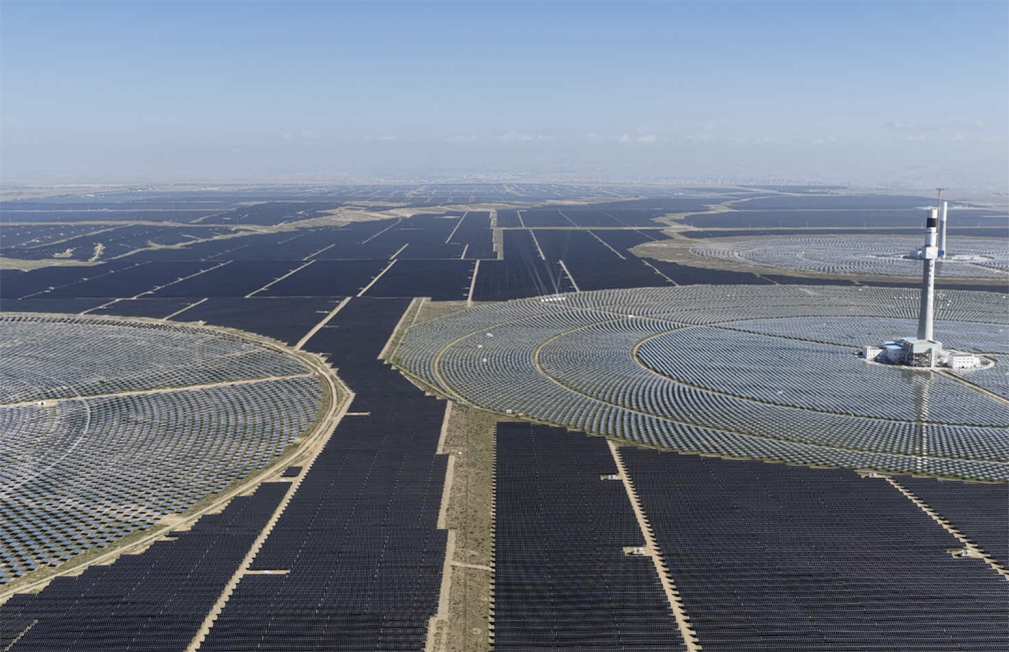I’ve long been in a state of amazed, projected kinship with D.H. Lawrence. Like Miller, his towering accomplishments in fiction are re-enforced by a prodigious output of non-fiction. Some of this work is bizarrely on-point; if you’re in doubt, check out Apocalypse, which is a scathing critique of the book of Revelation.
I thought I’d better turn over a new leaf, and start a new chapter. The intention of the last chapter was to find a way out of the vicious circle. And it ended in poison-gas.
Yes, dear reader, so it did. But you’ve not silenced me yet, for all that.
We’re in a nasty mess. We’re in a vicious circle. And we’re making a careful study of poison-gases. The secret of Greek fire was lost long ago, when the world left off being wonderful and ideal. Now it is wonderful and ideal again, much wonderfuller and _much_ more ideal. So we ought to do something rare in the way of poison-gas. London a Pompeii in five minutes! How to outdo Vesuvius!–title of a new book by American authors.
There is only one single other thing to do. And it’s more difficult than poison-gas. It is to leave off loving. It is to leave off benevolenting and having a good will. It is to cease utterly. Just leave off. Oh, parents, see that your children get their dinners and clean sheets, but don’t love them. Don’t love them one single grain, and don’t let anybody else love them. Give them their dinners and leave them alone. You’ve already loved them to perdition. Now leave them alone, to find their own way out.
Wives, don’t love your husbands any more: even if they cry for it, the great babies! Sing: “I’ve had enough of that old sauce.” And leave off loving them or caring for them one single bit. Don’t even hate them or dislike them. Don’t have any stew with them at all. Just boil the eggs and fill the salt-cellars and be quite nice, and in your own soul, be alone and be still. Be alone, and be still, preserving all the human decencies, and abandoning the indecency of desires and benevolencies and devotions, those beastly poison-gas apples of the Sodom vine of the love-
Wives, don’t love your husbands nor your children nor anybody. Sit still, and say Hush! And while you shake the duster out of the drawing-room window, say to yourself–“In the sweetness of solitude.” And when your husband comes in and says he’s afraid he’s got a cold and is going to have double pneumonia, say quietly “surely not.” And if he wants the ammoniated quinine, give it him if he can’t get it for himself. But don’t let him drive you out of your solitude, your singleness within yourself. And if your little boy falls down the steps and makes his mouth bleed, nurse and comfort him, but say to yourself, even while you tremble with the shock: “Alone. Alone. Be alone, my soul.” And if the servant smashes three electric-light bulbs in three minutes, say to her: “How very inconsiderate and careless of you!” But say to yourself: “Don’t hear it, my soul. Don’t take fright at the pop of a light-bulb.”
Husbands, don’t love your wives any more. If they flirt with men younger or older than yourselves, let your blood not stir. If you can go away, go away. But if you must stay and see her, then say to her, “I would rather you didn’t flirt in my presence, Eleanora.” Then, when she goes red and loosens torrents of indignation, don’t answer any more. And when she floods into tears, say quietly in your own self, “My soul is my own”; and go away, be alone as much as possible. And when she works herself up, and says she must have love or she will die, then say: “Not my love, however.” And to all her threats, her tears, her entreaties, her reproaches, her cajolements, her winsomenesses, answer nothing, but say to yourself: “Shall I be implicated in this display of the love-will? Shall I be blasted by this false lightning?” And though you tremble in every fiber, and feel sick, vomit-sick with the scene, still contain yourself, and say, “My soul is my own. It shall not be violated.” And learn, learn, learn the one and only lesson worth learning at last. Learn to walk in the sweetness of the possession of your own soul. And whether your wife weeps as she takes off her amber beads at night, or whether your neighbor in the train sits in your coat bottoms, or whether your superior in the office makes supercilious remarks, or your inferior is familiar and impudent; or whether you read in the newspaper that Lloyd George is performing another iniquity, or the Germans plotting another plot, say to yourself: “My soul is my own. My soul is with myself, and beyond implication.” And wait, quietly, in possession of your own soul, till you meet another man who has made the choice, and kept it. Then you will know him by the look on his face: half a dangerous look, a look of Cain, and half a look of gathered beauty. Then you two will make the nucleus of a new society–Ooray! Bis! Bis!!
But if you should never meet such a man: and if your wife should torture you every day with her love-will: and even if she should force herself into a consumption, like Catherine Linton in “Wuthering Heights,” owing to her obstinate and determined love-will (which is quite another matter than love): and if you see the world inventing poison-gas and falling into its poisoned grave: never give in, but be alone, and utterly alone with your own soul, in the stillness and sweet possession of your own soul. And don’t even be angry. And _never_ be sad. Why should you? It’s not your affair.
But if your wife should accomplish for herself the sweetness of her own soul’s possession, then gently, delicately let the new mode assert itself, the new mode of relation between you, with something of spontaneous paradise in it, the apple of knowledge at last digested. But, my word, what belly-aches meanwhile. That apple is harder to digest than a lead gun-cartridge.


